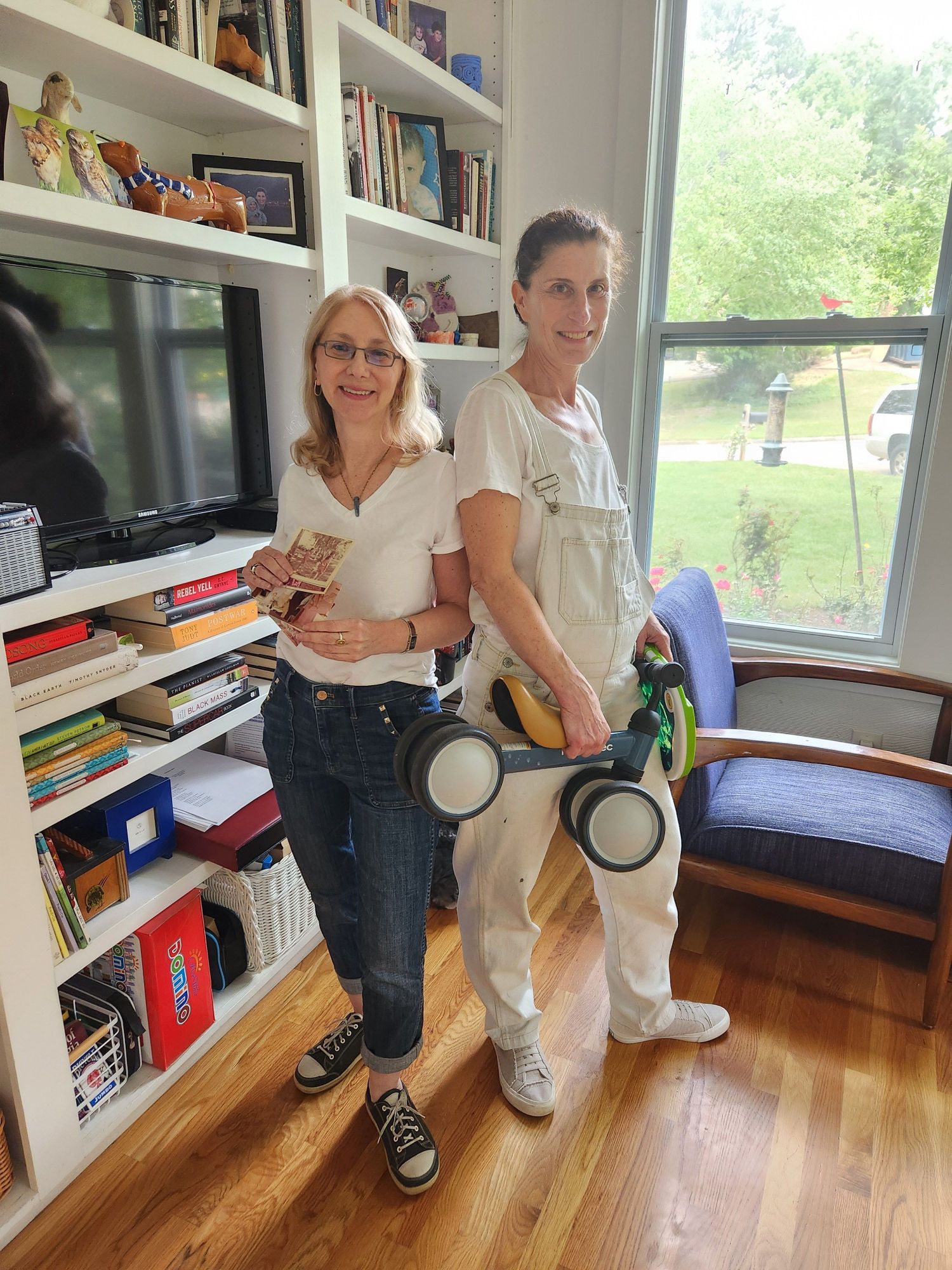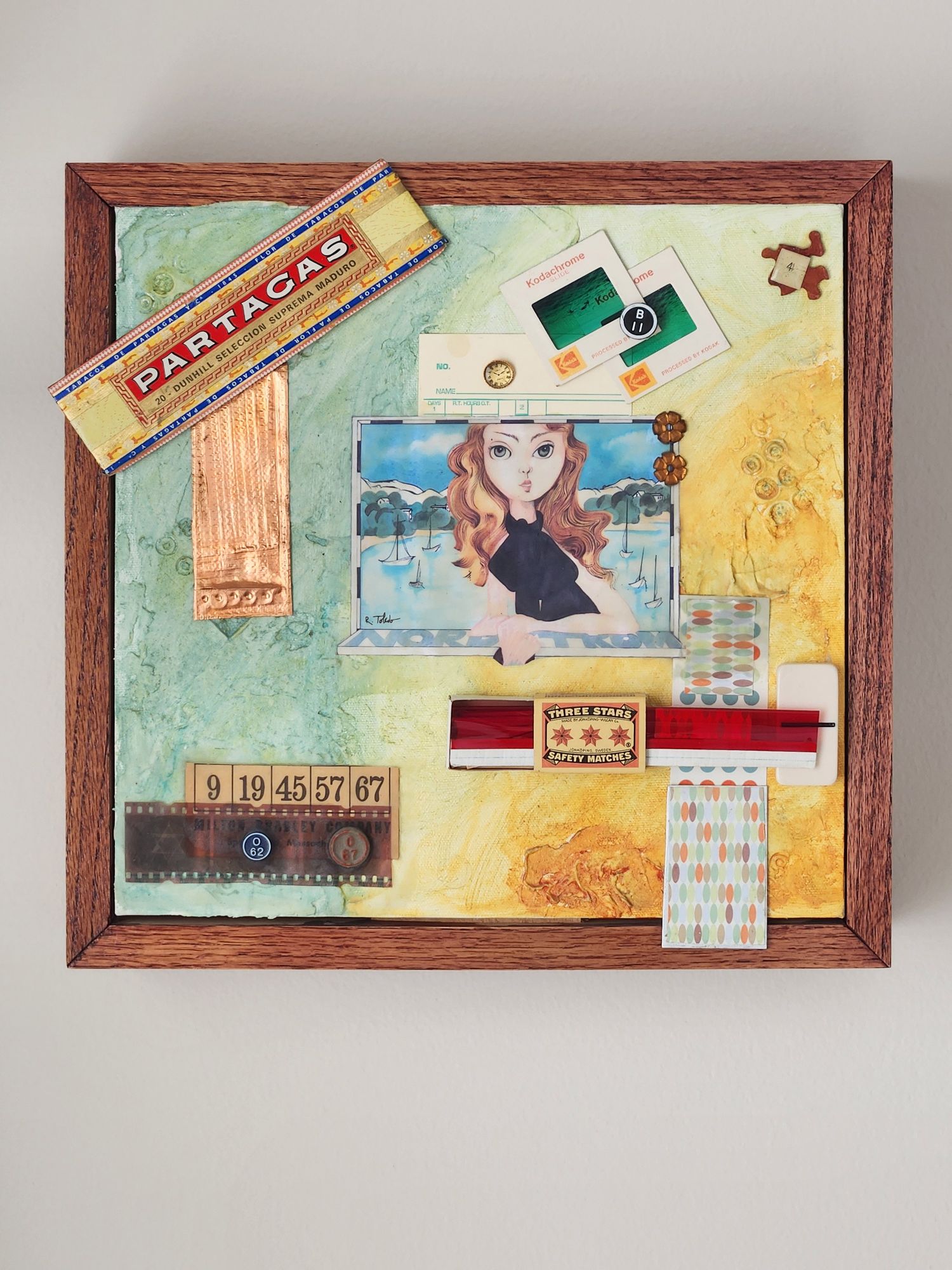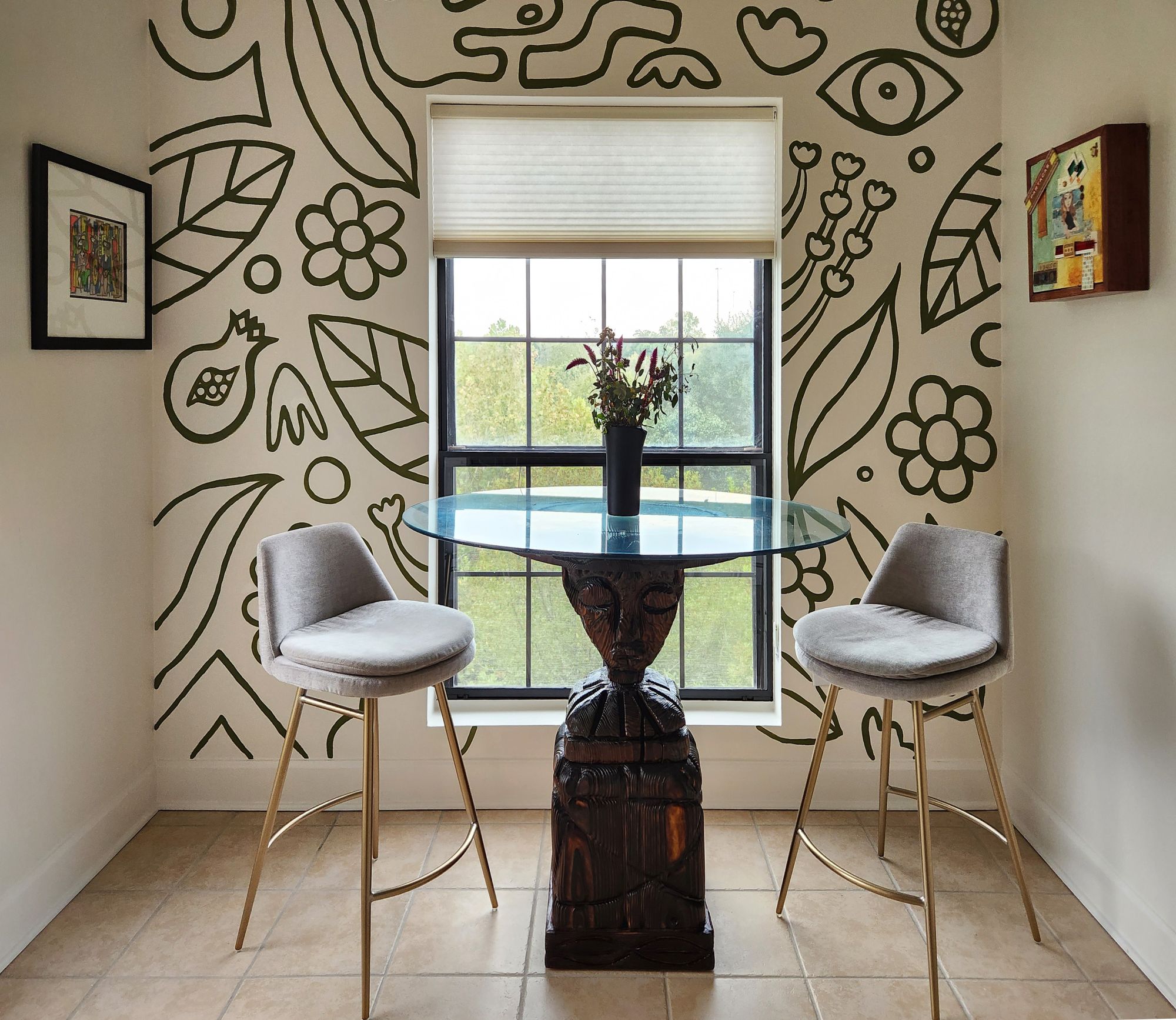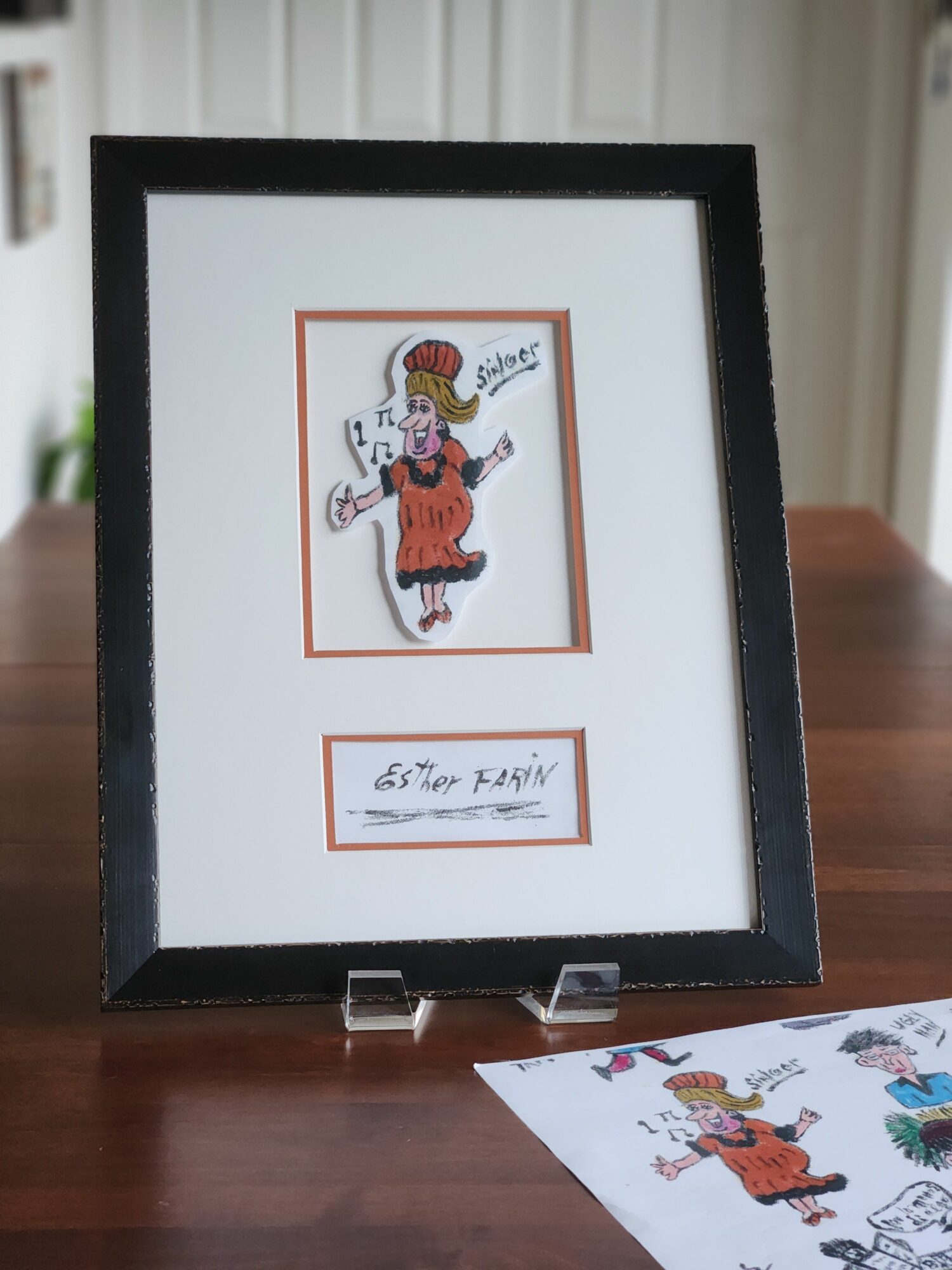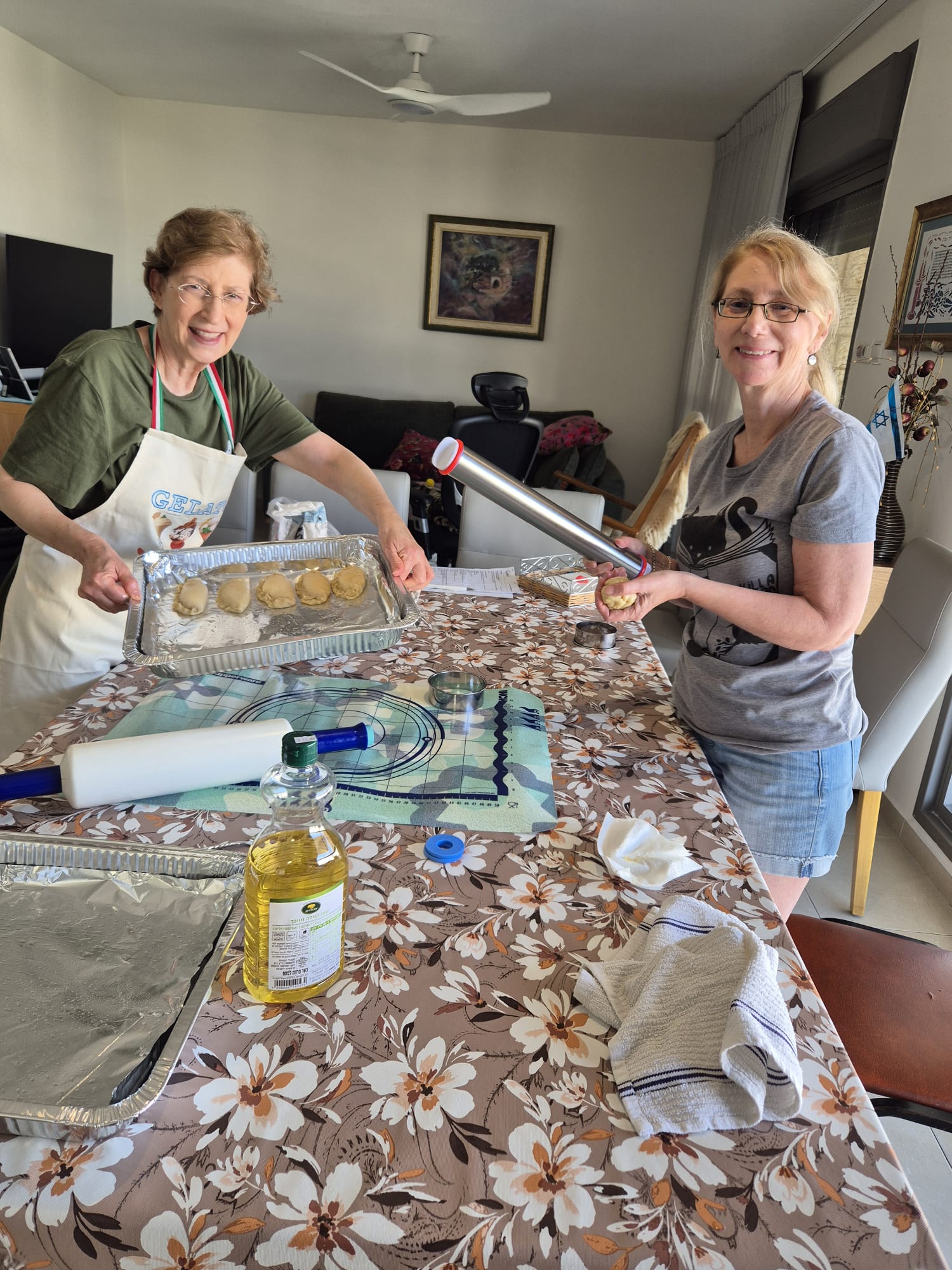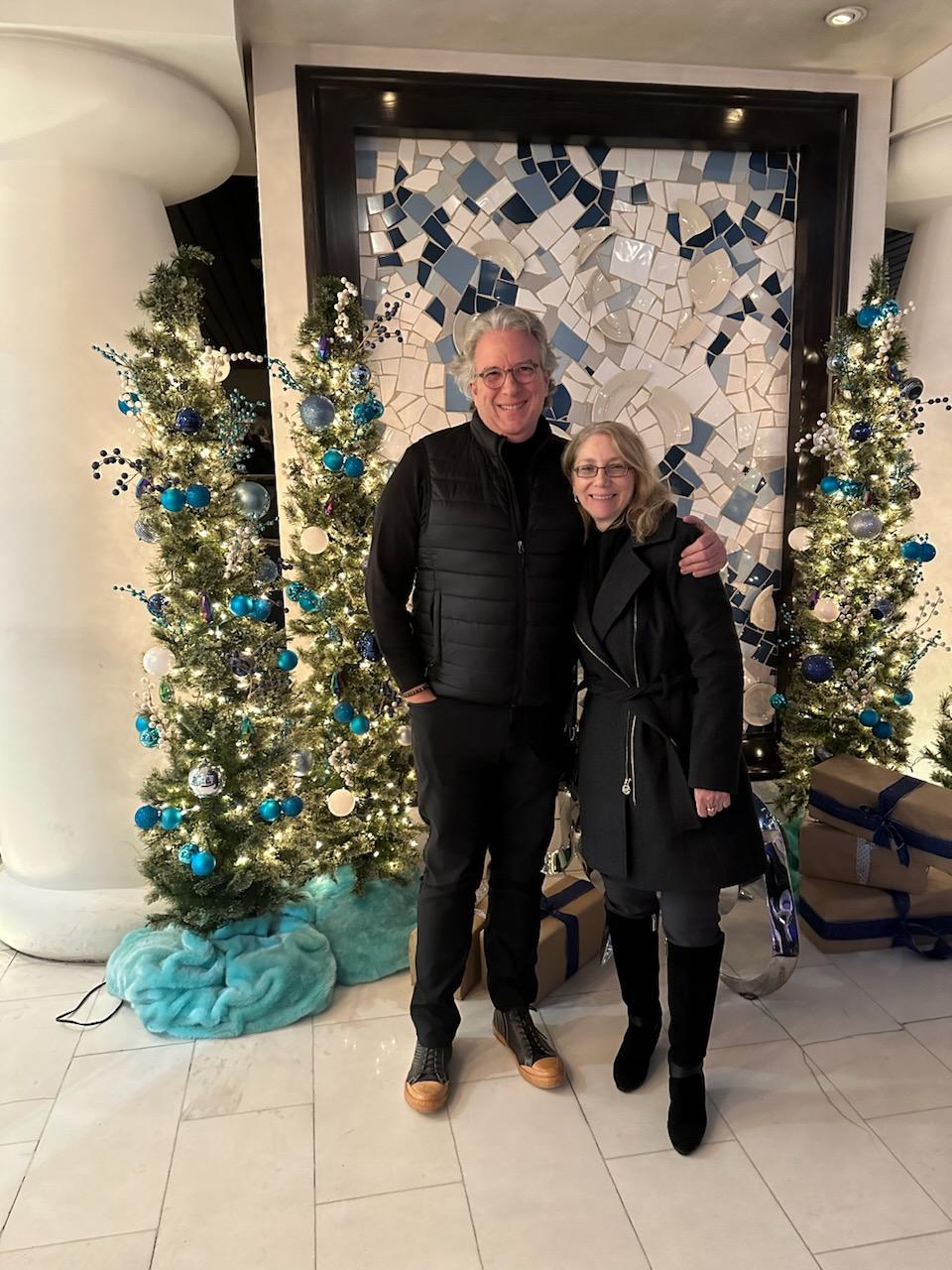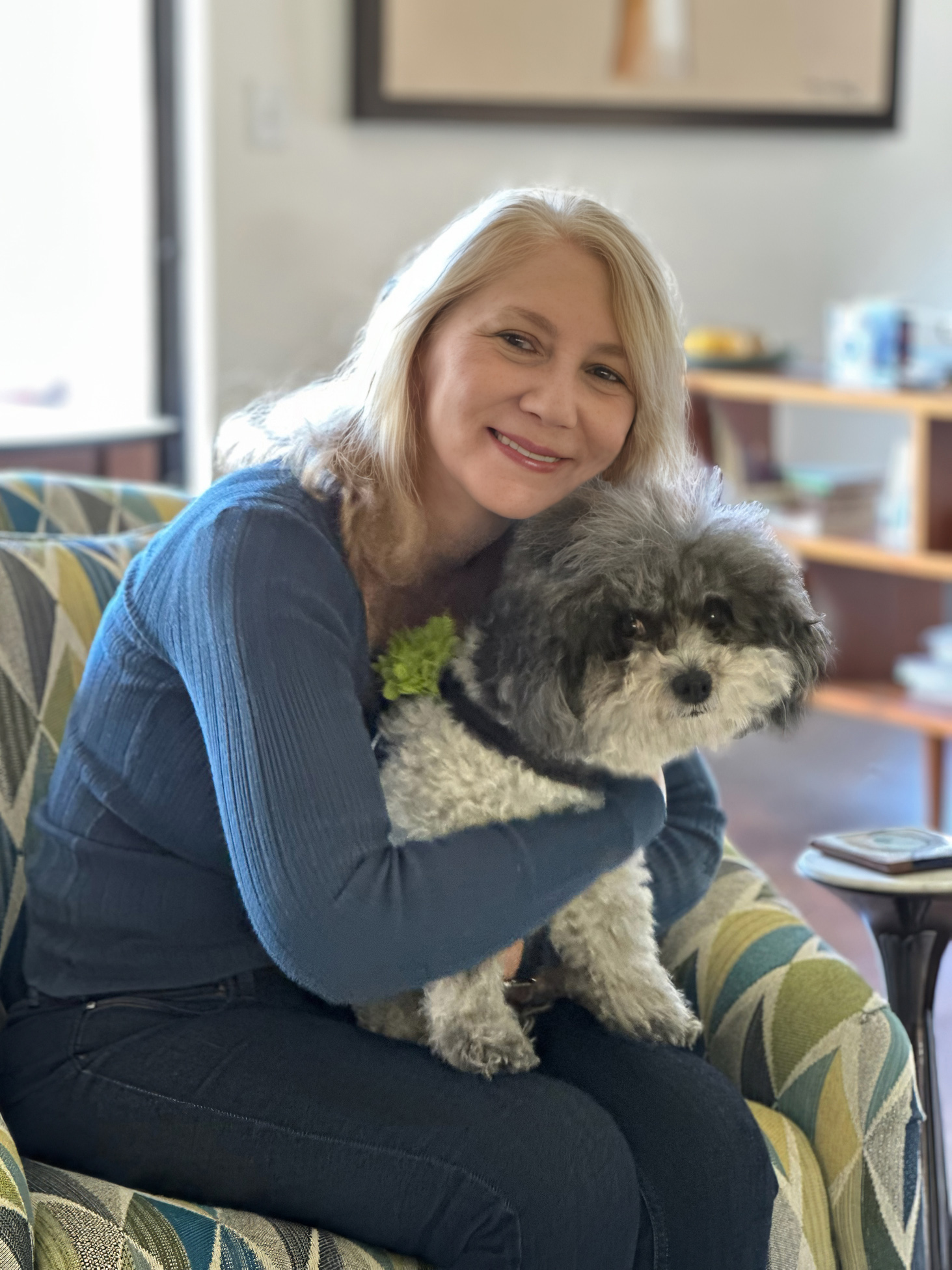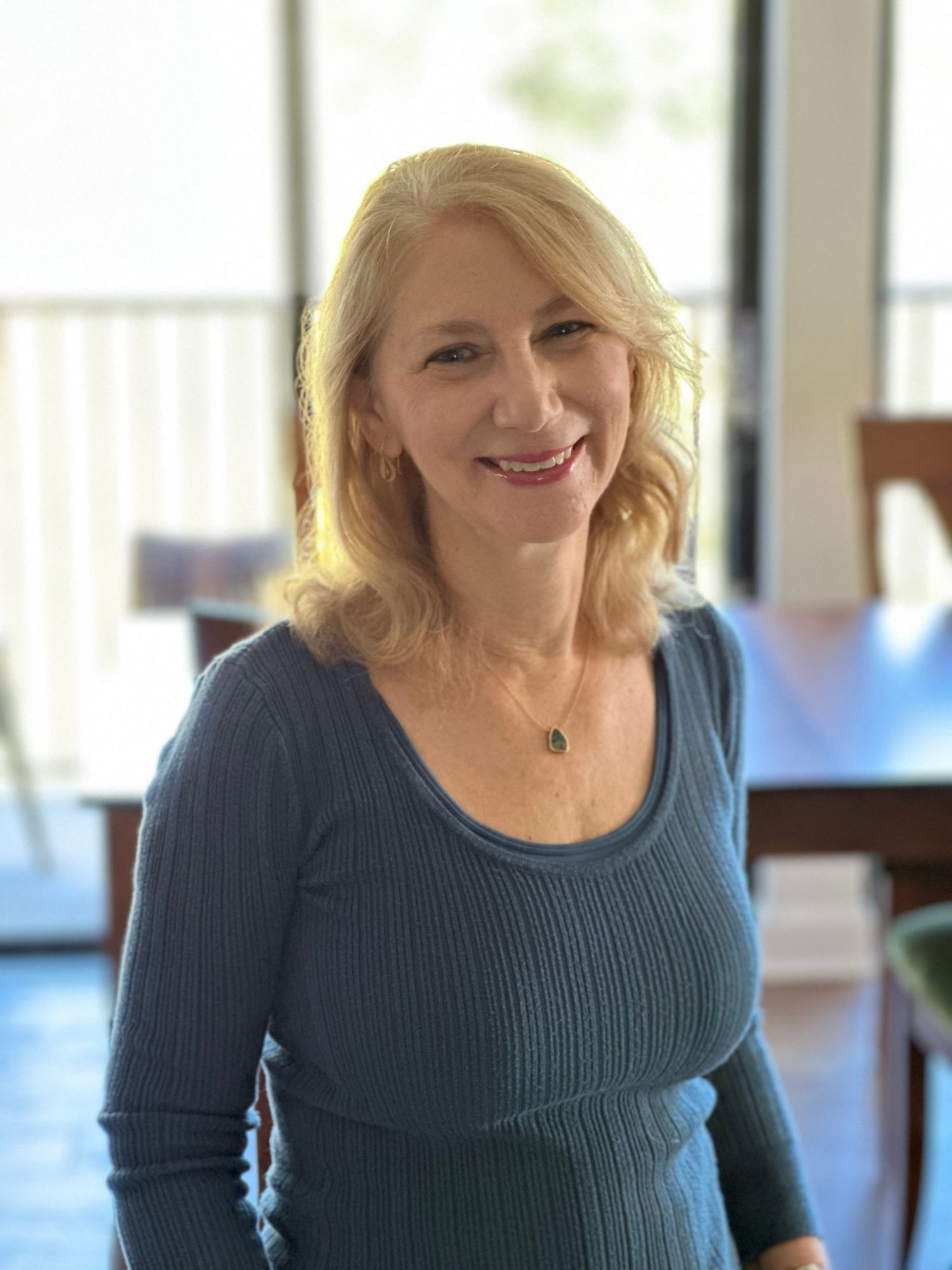

Today we’d like to introduce you to Rita Farin.
Hi Rita, so excited to have you on the platform. So before we get into questions about your work-life, maybe you can bring our readers up to speed on your story and how you got to where you are today?
How I got here…well that’s a windy road.
I started off my career when I was living in Israel. Marketing wasn’t really a known thing in the country then, so I did a lot of admin work for different organizations, including an art gallery, a solar energy firm and a non-profit. When I got back to the States, there was a recession going on, and jobs were scarce. I landed my first “real” job organizing an event for 2,000 people in three languages for the lottery industry. I was 24 and pretty much willing to do anything (even though I really wanted to work in the non-profit sector). From there, I got my first break with a marketing communications role for a small tech company. I’ve continued most of my career in marketing B2B tech, with stops along the way to become a creativity and life coach, a writer/blogger, and to launch different businesses including an online artist community that sold handcrafts from around the world.
My work life has been a rich adventure, always trying new things as I moved around: Israel, Washington, DC, San Francisco, Atlanta. I lived in Israel twice, and the innovation, resilience and perseverance of this tiny country, with the highest number of startups per capita in the world, really shaped me and my career. I started my first business there—a marketing consultancy that allowed me to work with approximately 40 tech companies in two years. I felt like, in my own small way, I was helping to build a young nation.
From that time on, there have been years when I worked as an independent marketing consultant and other years when I worked in-house on the corporate side, with Fortune 100 companies like HP and Stanley Black & Decker. I was lucky to find a career that requires a combination of some of my favorite things: creativity, analytical problem-solving, writing, coaching/mentoring people, and leading teams. It has allowed me to pursue my purpose which is to help others— companies and individuals—discover, hone, and share their gifts and talents with the world.
Growing up in a multi-cultural family that spoke Spanish first made me feel like I didn’t quite fit in anywhere. Yet as I grew up and traveled, I realized that I had the ability to connect with many different people and feel at home almost anywhere. Talking to people, whether I know them well or not, has led me to so many interesting opportunities. And each job and opportunity has allowed me to learn skills and approaches that have served me well—each experience building on the next. It’s always been important for me to have an idea of where I want to go, commit to that vision, create a strategy and set goals; then everything tends to start aligning and falling into place, with some surprises along the way of course. I’ve had this happen many times in my life.
An example of that is when I finally decided to leave Israel. My office shared space with a number of complementary small companies. Someone from one of these companies saw that I was moving out and asked where I was going. I told him I was moving to San Francisco. He said, “I’m from the Bay Area. Here’s a list of all of my friends. A lot of them are in the tech industry. Call them.” And I did. I got several job offers right before the dot-com bubble burst. I was fortunate to accept one job and survived many rounds of layoffs.
There have been lots of challenges along the way, but I inherited perseverance and resilience from my parents, who were remarkable humans. My father was a Holocaust survivor and French Resistance fighter in World War II, and my mother grew up in poverty in Cuba. They had to leave their countries and reinvent themselves many times, yet they never complained, worked incredibly hard and taught my siblings and me that it was our responsibility to be strong so we could help others.
Last year, when I was laid off from my job as a global campaign director, I experienced a pretty tough time. My work team had felt like a family to me, and I loved the work I was doing. It was hard to lose them. I was also really burned out, feeling lost, and the job market was challenging with so many layoffs taking place, especially in the tech sector. No matter how much I pushed myself to get another corporate job—working my network, hiring a career coach and spending countless hours following leads—it just wasn’t happening.
This was really the first time in my life that I didn’t have a clear idea of what to do next, but staying in some sort of motion is important for me. Sure enough, after some time of doing various activities, including baking borekas at my synagogue, and one last unfruitful interview, I closed the door on job search and started focusing on the opportunities that organically evolved. I used my time to learn AI and to hone my marketing skills. One of my favorite things is going to interesting programs where I can learn from others and build new relationships, and during this time I met so many people and started saying yes to things I never would have considered in the past: I did a cooking video with a chef friend and was interviewed on a podcast for the first time. I also became a personal assistant to someone I knew in the community. I had a great time doing that.
Then, a dear friend asked me to help him build his new business—a social impact business I truly believe in. I also reconnected with someone I met when I was 20 years old living in Israel. She and I became friends and we decided to do something we both had always wanted to do.
Today, a year and a half after my layoff, I’m the fractional CMO of The Humanized Co., working with my friend and client Dr. Paul Nieminen. I’m also the co-founder of The Reset Co., with my friend, Amber Ben-Bassat.
I’m sure it wasn’t obstacle-free, but would you say the journey has been fairly smooth so far?
So many factors played into how my career evolved: the economic landscape, where I was living at the time, technology. As I mentioned, starting my career was not easy. I had to do whatever jobs I could get. And that was great. I was so grateful to have a job—as long as it was interesting and challenging. (I wasn’t a huge fan of doing admin, I will admit; it just got boring for me after a while.) The years after the dot-com bust were difficult, watching so many layoffs.
There were years when I was earning more, and other years when I was earning little because I was exploring new ventures. I am incredibly fortunate to have a number of skills and to have the flexibility to pivot as needed. I spent years doing a lot of copywriting work for clients. I’ve worked as an individual contributor as well as a team leader. In each experience, I’ve learned enormous amounts.
Looking back, I could have said yes to more opportunities that were offered to me. I didn’t feel confident to say yes to things where I hadn’t already proven myself. It took me a long time to gain confidence and find my voice. I also think that, being a child of immigrants and having spent my formative work years in Israel, I sometimes missed the nuances of American workplace culture, especially how to understand and navigate Corporate America. In Israel, for instance, I was used to building strong business relationships that allowed for very direct communication, without worrying about unintentionally offending people. Mentorship would have been really helpful for me, and as a result, I love coaching and mentoring others today.
Technology has changed marketing so much over the years. From early on in my career, I loved discovering and incorporating new technologies into my marketing roles to improve the quality and efficiency of the work. It has become more challenging over the years as technology continues to evolve at an even faster pace. Like many marketers, I had to quickly learn how to turn my marketing teams into data-driven organizations. Today I’m focusing a lot of attention on where AI plays a role—how to build the right AI strategy and where it fits into the workflows for the two businesses I’m working on. I guess everyone is doing that right now.
Significant gender bias still exists in Corporate America. And I’ve experienced this in salary and promotion negotiations. It’s not as obvious as it used to be, but it’s there in the background at all times. More than ever, women need sponsorship and support from other women, especially those in executive roles, as well as from male allies.
As you know, we’re big fans of The Reset Co. & The Humanized Co.. For our readers who might not be as familiar what can you tell them about the brand?
I’d like to talk about the two businesses I’m involved with because they are both so important to me.
My partner, Amber Ben-Bassat, and I launched our home organizing business, The Reset Co., this summer. We help people clear out the clutter so they can do the things they love, while building a meaningful legacy of what they want to leave behind. We offer custom DIY as well as full-service packages. Since our clients are often in some form of life transition—moving, divorce, new career, retirement—we also provide coaching to support them.
We’re a little different from other home organizing businesses in that legacy work is an important part of our services. By physically decluttering, some clients find their way back to the things they’re passionate about, like baking or writing. Other customers gain clarity on what they want to leave behind for their loved ones and others. We can help capture their stories and preserve important keepsakes in a variety of ways.
When my parents died, my siblings and I were left with a house full of beautiful things from their 20 years of traveling and collecting. Sorting through stacks of artwork and books, it was hard for us to determine what held the most meaning. Later, we wondered why we had grabbed so many random items when all we wanted were things that really mattered. I remember looking for the speech my dad gave at my wedding and his journals; I was able to save my mother’s original artwork and her candlesticks.
There are many ways to carry legacy forward. Food has always been central to my family, for instance. And during the recent war in Israel, my sisters and I turned to cooking our traditional recipes while we sheltered in place together. I’ve done some unique things with my mother’s artwork so I can see it every day in my home. Even a small room in my condo has elements of legacy. I had a muralist create a design on my wall with symbols that represent the different cultures in my background: a pomegranate for Israel, lavender for France, a guardian eye for Turkey and palms for Cuba. This is the comfort and meaning of legacy. And at The Reset Co., we love helping customers find ways to preserve theirs.
In my marketing consulting business, I’ve been working with my client, Dr. Paul Nieminen, on building The Humanized Co. from the ground up, and we’re getting ready to launch by year’s end. I engaged with Paul because his incredible start-up is aligned with my values and how I’ve always believed business should be done—a human, authentic experience built on trusted relationships. With the research-based framework he developed, we will help companies and their employees create and sustain humanized workplaces where everyone thrives.
What makes you happy?
It’s mainly about connection for me—with people, with nature, with creativity. And keeping myself grounded. Meditative yoga, physical movement, walking and writing keep me centered. I know that happiness is fleeting, and it can be found in moments. I try to practice gratitude as often as I can, and reframing is super helpful when I start sliding into negativity.
The best moments of my life have been with the people I love: visiting family in Israel, traveling with my sister to Italy, hosting others in my home, Thanksgiving with my best friend and our dogs. My two dogs, Leo and Zoe, are irresistible—they make you smile even if you don’t want to. Happiness is any time I can be silly and whimsical and laugh—alone or with others. (I have a strong sense of my 5-year-old self and use crayons whenever possible.)
Good food was definitely a big part of my life from an early age and continues to make me extremely happy today. My parents loved to laugh and sing, and we always had guests at our table. It could be a worker who came to repair something in the house or South American customers from their store. My grandmother lived with us and was constantly in the kitchen making intricate recipes that she passed down to us: Turkish borekas, phyllo delicacies, marzipan, dolmades and the list goes on.
I get great enjoyment from anything that’s beautifully crafted: a perfectly balanced cocktail, a flavorful green tea, a well-designed piece of furniture, a complex gin, great writing, film, theater, and art. Anything that envelops the heart and the senses, including travel where I can connect with the culture, food and people.
Generally, the smallest things often make me the happiest: water oaks, the light on the leaves right before sunset, a beautiful flower I encounter on a walk, interesting patterns on the sidewalk, a King of Pops key lime pie popsicle, dancing.
Contact Info:
- Website: www.theresetco.net
- Linkedin: www.linkedin.com/in/ritafarin
